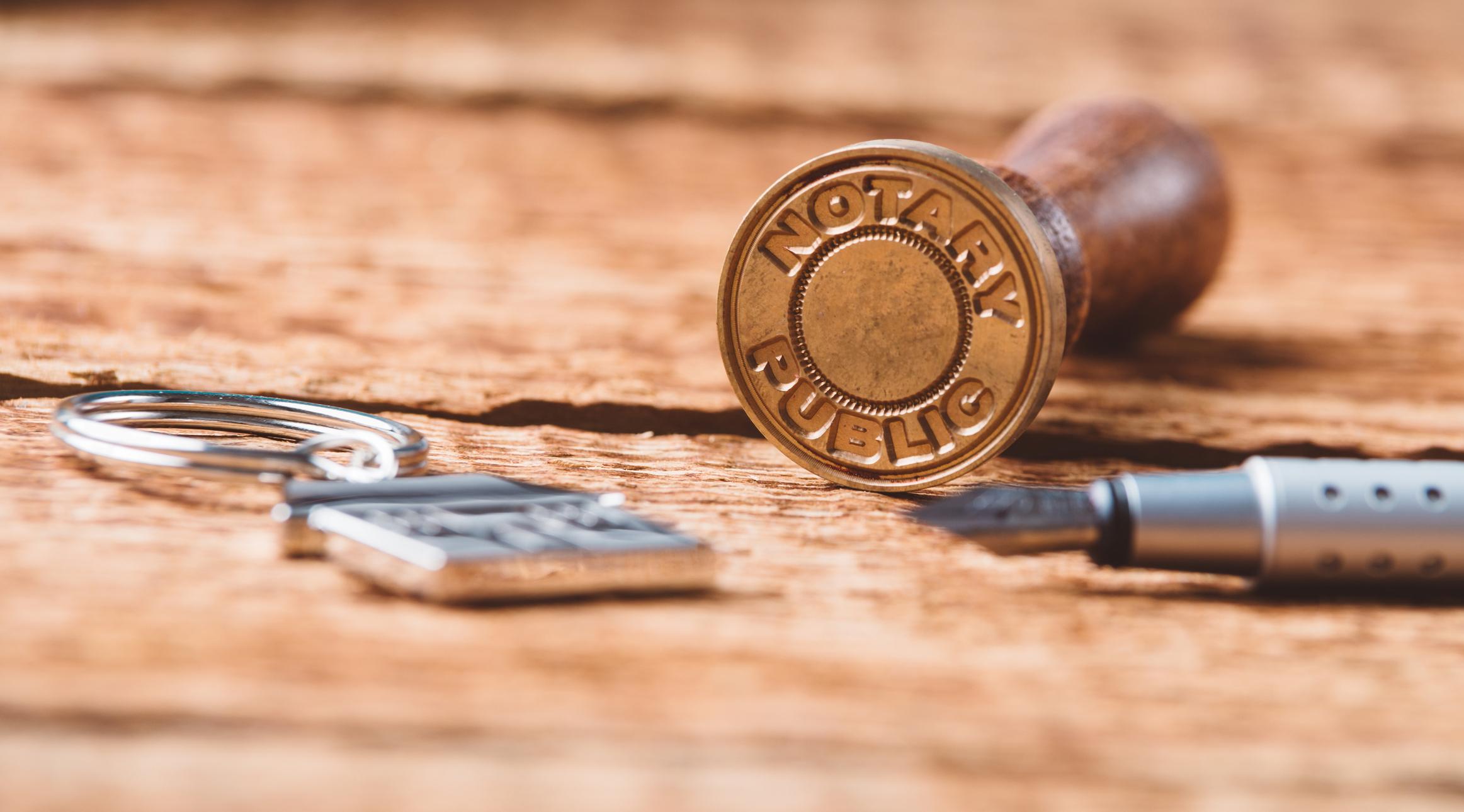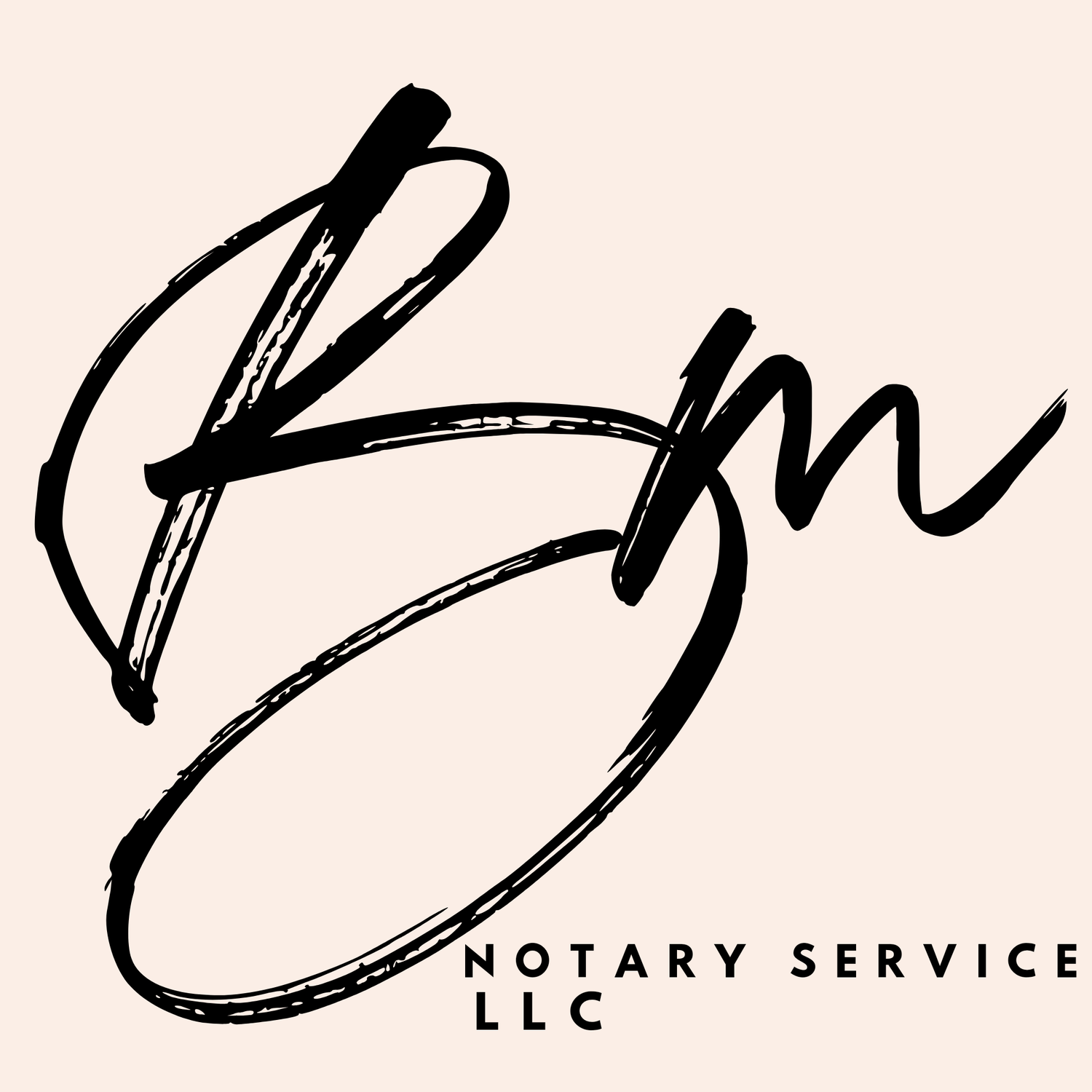Taking Care Of Deceased Estate Issues: Advice Via Legal Process
Taking Care Of Deceased Estate Issues: Advice Via Legal Process
Blog Article
Demystifying Notarial Job: Simplifying the Duty and Significance of Notaries
Their function, frequently shrouded in mystery for many, carries significant weight in ensuring the validity and honesty of critical records. By unwinding the complexities surrounding notarial techniques and dropping light on the value of their acts, a clearer understanding arises of the crucial function notaries play in upholding the textile of legal and contractual arrangements.
The Background of Notarial Job
The history of notarial job dates back to ancient human beings, where scribes played an important duty in tape-recording vital information and verifying records. This led to the growth of notaries, individuals designated by the state to act as objective witnesses in lawful issues.
During the Middle Ages, notaries got prestige in Europe, with their features expanding to include composing lawful documents, certifying signatures, and preserving documents. The surge of global profession even more highlighted the relevance of notarial operate in verifying contracts and contracts across boundaries.
In the contemporary period, notaries proceed to play an essential role in legal and business transactions by confirming identities, verifying the credibility of papers, and protecting against fraud. Their role in certifying the validity of agreements includes a layer of safety and security and depend the ever-evolving landscape of commerce and legislation.

Tasks and Obligations of Notaries
Notaries play an important duty in verifying the credibility of documents and the identity of signatures. One of their primary obligations is to witness the finalizing of essential records, such as wills, contracts, and actions, to guarantee that all celebrations are getting in into contracts intentionally and voluntarily.
Furthermore, notaries are charged with carrying out affirmations and oaths, which are important in lawful proceedings and the execution of sworn statements. They accredit duplicates of original files, offering guarantee to establishments that the copies hold true replicas of the originals. Notaries need to keep exact documents of all purchases they oversee to guarantee transparency and responsibility. Generally, the obligations and responsibilities of notaries are important in securing the stability and legitimacy of different papers and deals.
Notarial Certificates and Signatures
Exemplifying thorough focus to information, notarial certificates and signatures work as crucial parts in verifying the authenticity of lawful records. Notarial certificates usually include essential information such as the day of notarization, the names of the signatories, a summary of the paper, and the notary's official seal. These certifications offer a clear document of the notarial act, making certain that the record can be quickly recognized and traced back to the notary that supervised the process.
Trademarks play go to website a critical role in notarial job, as they signify the arrangement and approval of the parties included. Notaries very carefully witness the finalizing of documents to confirm the identity of the notaries and confirm that they are signing of their very own complimentary will. By affixing their official seal and trademark to the file, notaries license that the required treatments have actually been followed and that the document is valid and enforceable.
Fundamentally, notarial certificates and trademarks are the trademark of credibility in legal transactions, offering guarantee to all parties entailed that the records are legitimate and binding.
Importance of Notarial Acts

Registration Process Clarified
Describing the registration procedure provides quality on the crucial steps involved in confirming legal documents. The notarization process usually starts with the private presenting the record to a notary public. The notary after that confirms the endorser's identity through acceptable recognition techniques. When the identity is confirmed, the notary makes sure that the individual signing the paper does so voluntarily and with no coercion.

Final Thought

Notarial certifications generally contain crucial details such as the date of notarization, the names of the signatories, a summary of the paper, and the notary's main seal. These certifications offer a clear document of the notarial act, making certain that the paper can be conveniently identified and mapped back to like this the notary who oversaw the process.
By affixing their official seal and trademark to the paper, read here notaries license that the required treatments have been adhered to and that the record is enforceable and valid.
By verifying the identification of the notaries, validating their desire to get in into the arrangement, and accrediting the date and location of the signing, notaries play a crucial function in upholding the legitimacy of lawful files.After the file is signed, the notary will affix their official seal or stamp onto the paper.
Report this page